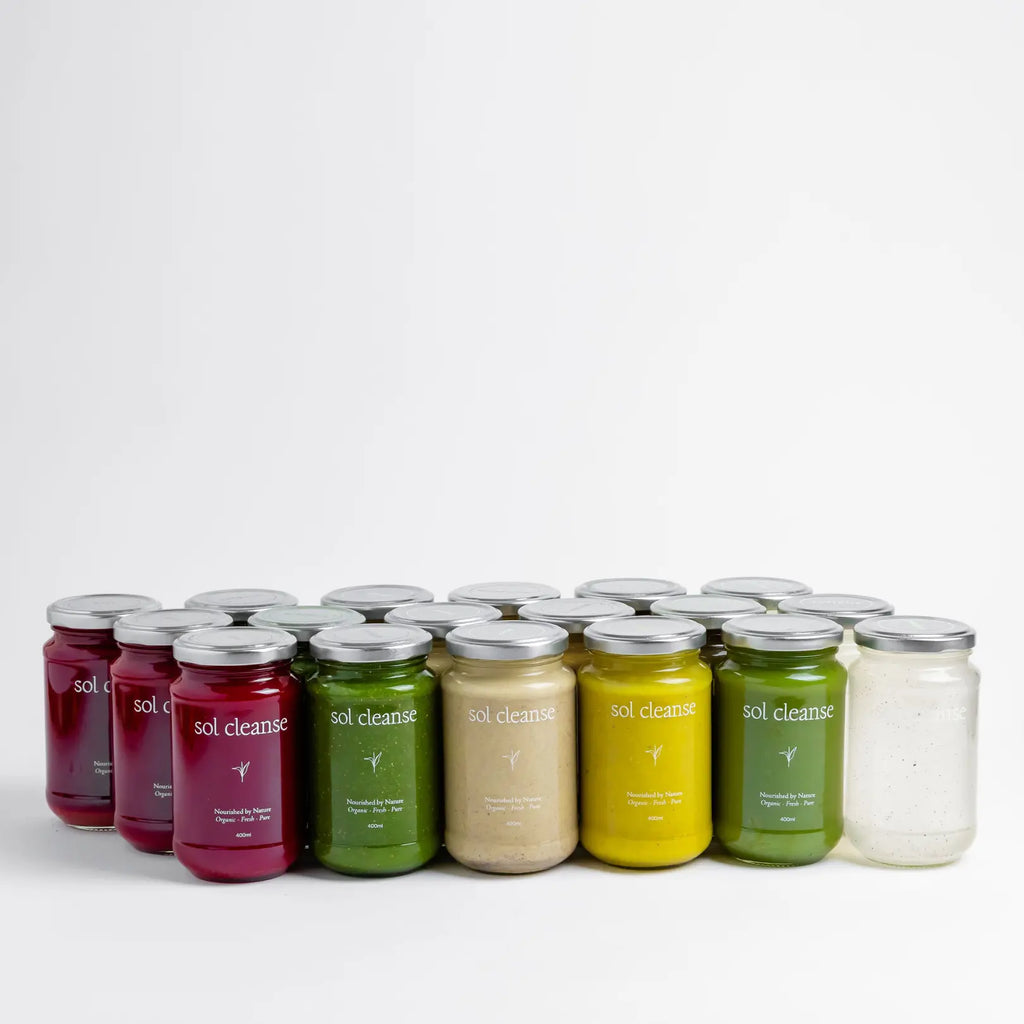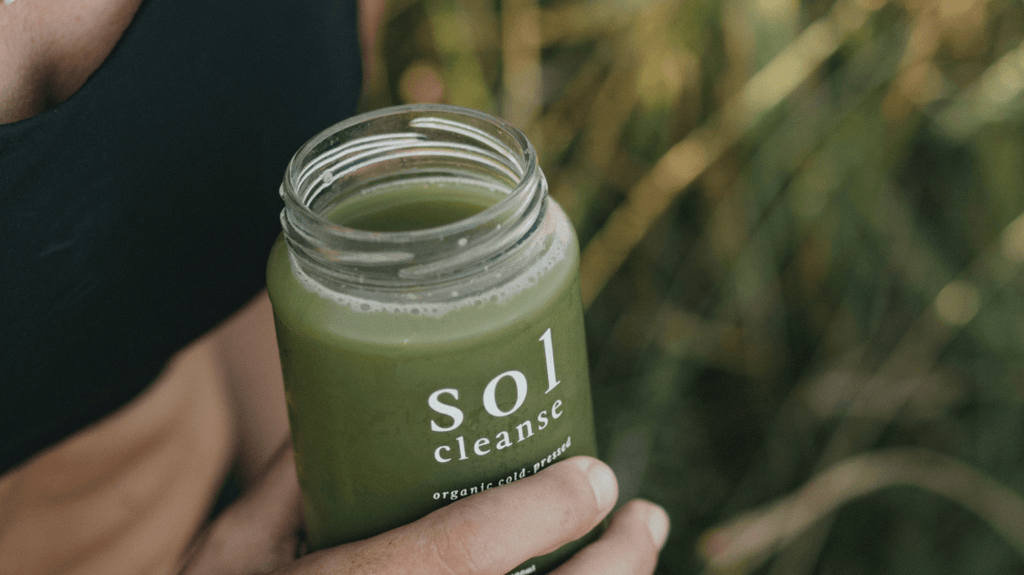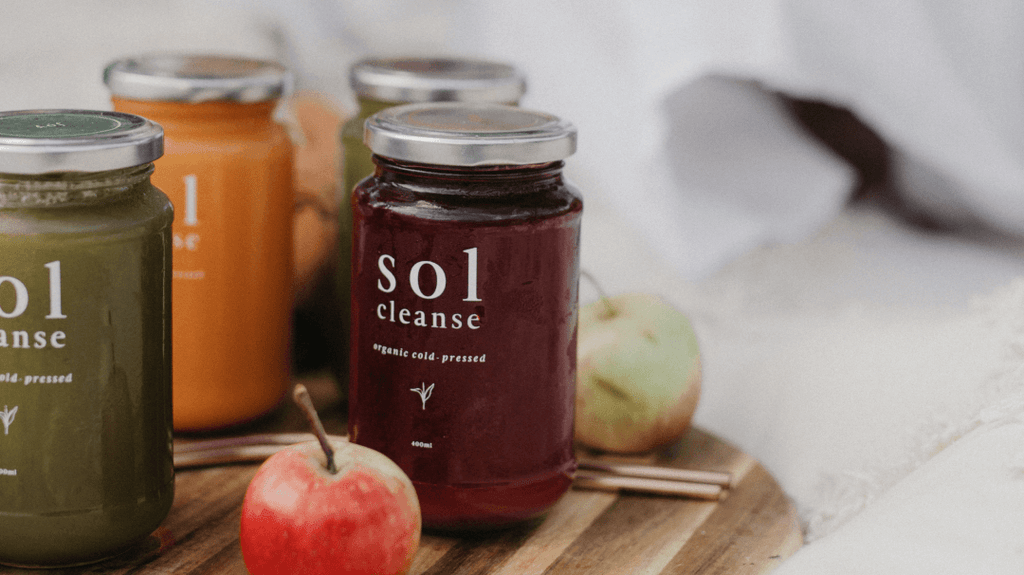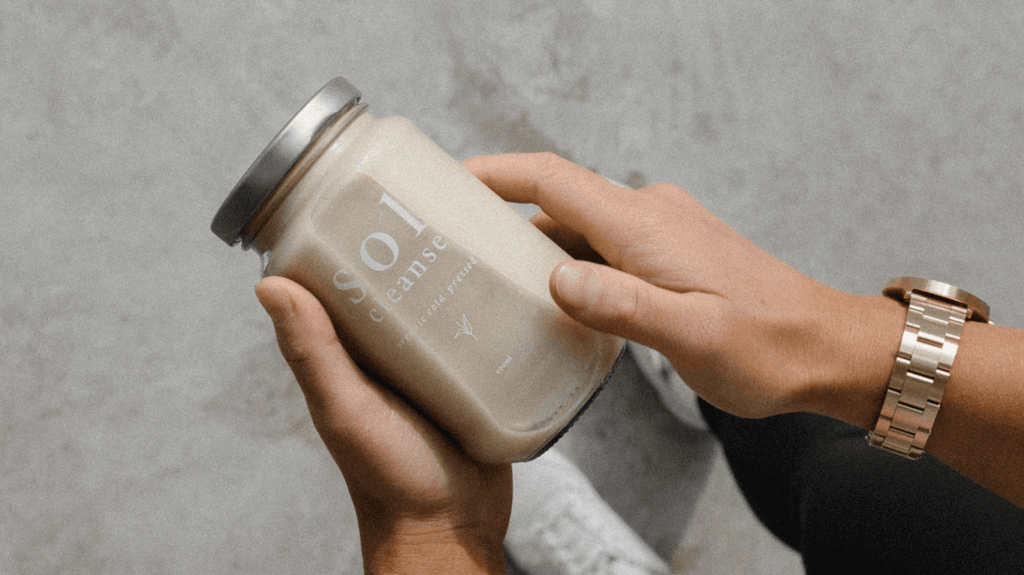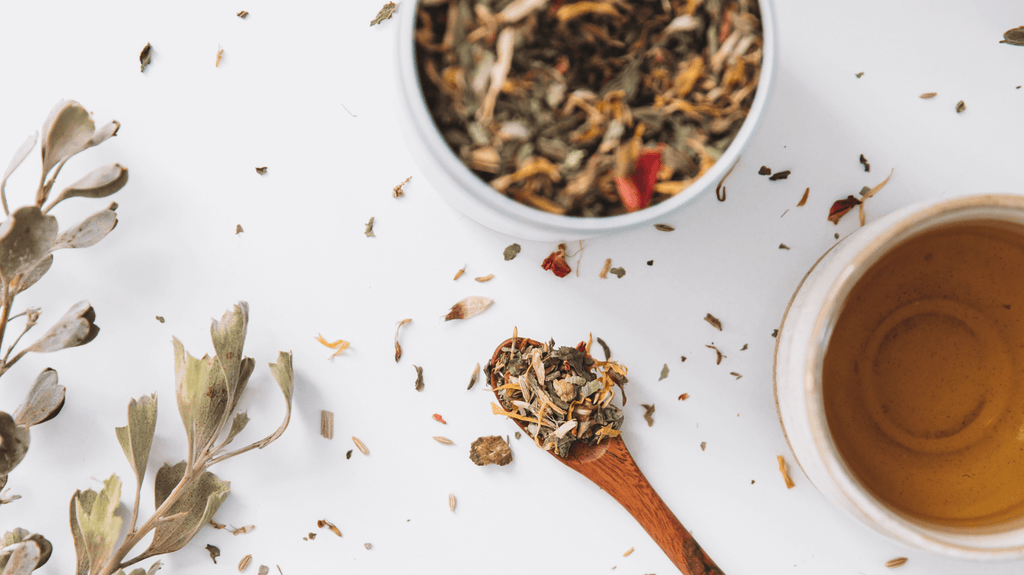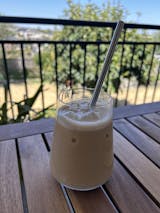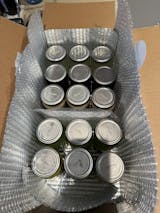Let’s be honest—most of us have fallen into the 3pm snack trap at some point. You tell yourself it’s just one biscuit and suddenly you’re deep into the packet, wondering what happened. With the mid-year mark here (how did that happen so fast?!), there’s no better time to hit the reset button.
Lucky for us, you don’t need to overhaul your entire life—just three days off processed food can spark some serious health benefits. Let’s unpack what actually happens in those first 72 hours without any processed food.
Day 1:
The minute you stop flooding your system with additives, preservatives and refined sugar, your gut is the first to know. A 2023 study found that switching from a typical Western diet to a whole foods diet began to shift the gut microbiota in just 24 hours. Yes, your microbes are that responsive!
You may also notice fewer cravings, especially for sugar. That’s because highly processed foods can hijack the reward centres of your brain, making you feel like you “need” them. Once you stop the constant sugar spikes, your blood glucose levels start to stabilise, which helps regulate energy and mood. Goodbye, 3pm crashes.
Day 2:
You might already feel lighter—literally. When you remove highly processed foods, your digestion can improve rapidly. That’s partly because UPFs tend to be low in fibre, while whole foods like fruit, vegetables and legumes are packed with it. Increasing your fibre intake not only improves gut motility but also supports a healthy microbiome.
As your digestive system recalibrates, bloating often decreases. Your body isn’t dealing with emulsifiers, gums and other additives that can disrupt gut integrity. Plus, without all that added salt, you’re retaining less water, which is another reason you feel less puffy.
Day 3:
By day three, many people can expect to sleep better—and it’s not a placebo! Diets high in added sugars and saturated fats (both common in processed foods) are associated with lighter, less restorative sleep. When you remove these, your blood sugar is more stable overnight and inflammation markers like CRP begin to dip, supporting better sleep quality.
Cognitive clarity also improves. A 2023 study found that just four days on a whole food diet improved markers of cognitive flexibility and attention. Think of it like lifting the brain fog that often comes with a processed heavy diet.
The takeaway: Your body loves a reset
You don’t need a rigid cleanse or month-long detox to start feeling better. Just three days of whole, unprocessed food can support your gut, brain, sleep and much more in remarkable ways. So, what to eat instead? Think vibrant nourish bowls, whole grains, fresh veggies, quality proteins and detox supporting herbal teas. Our Sol Cleanse Organic Meal Delivery and Organic Cleanse Programs are designed to make this transition not only doable but delicious.
It doesn’t take a full overhaul—just a few intentional days can make a real difference. By giving your body a break from the packaged and processed, you create space for balance, clarity, and ease to return. And often, it only takes three days to notice the shift.
David, L. A., et al. (2014). Diet rapidly and reproducibly alters the human gut microbiome. Nature, 505(7484), 559–563. https://doi.org/10.1038/nature12820
Hall, K. D., et al. (2019). Ultra-Processed Diets Cause Excess Calorie Intake and Weight Gain: An Inpatient Randomized Controlled Trial of Ad Libitum Food Intake. Cell Metabolism, 30(1), 67–77.e3. https://doi.org/10.1016/j.cmet.2019.05.008
Reynolds, A., et al. (2019). Carbohydrate quality and human health: a series of systematic reviews and meta-analyses. The Lancet, 393(10170), 434–445. https://doi.org/10.1016/S0140-6736(18)31809-9
St-Onge, M. P., et al. (2020). Diet and Sleep Physiology: Public Health and Clinical Implications. Nutrients, 12(8), 2473. https://doi.org/10.3390/nu12082473
Francis, H. M., et al. (2023). Short-term consumption of a Western-style diet impairs hippocampal-dependent learning and memory in humans. Frontiers in Nutrition, 10, 1154989. https://doi.org/10.3389/fnut.2023.1154989











